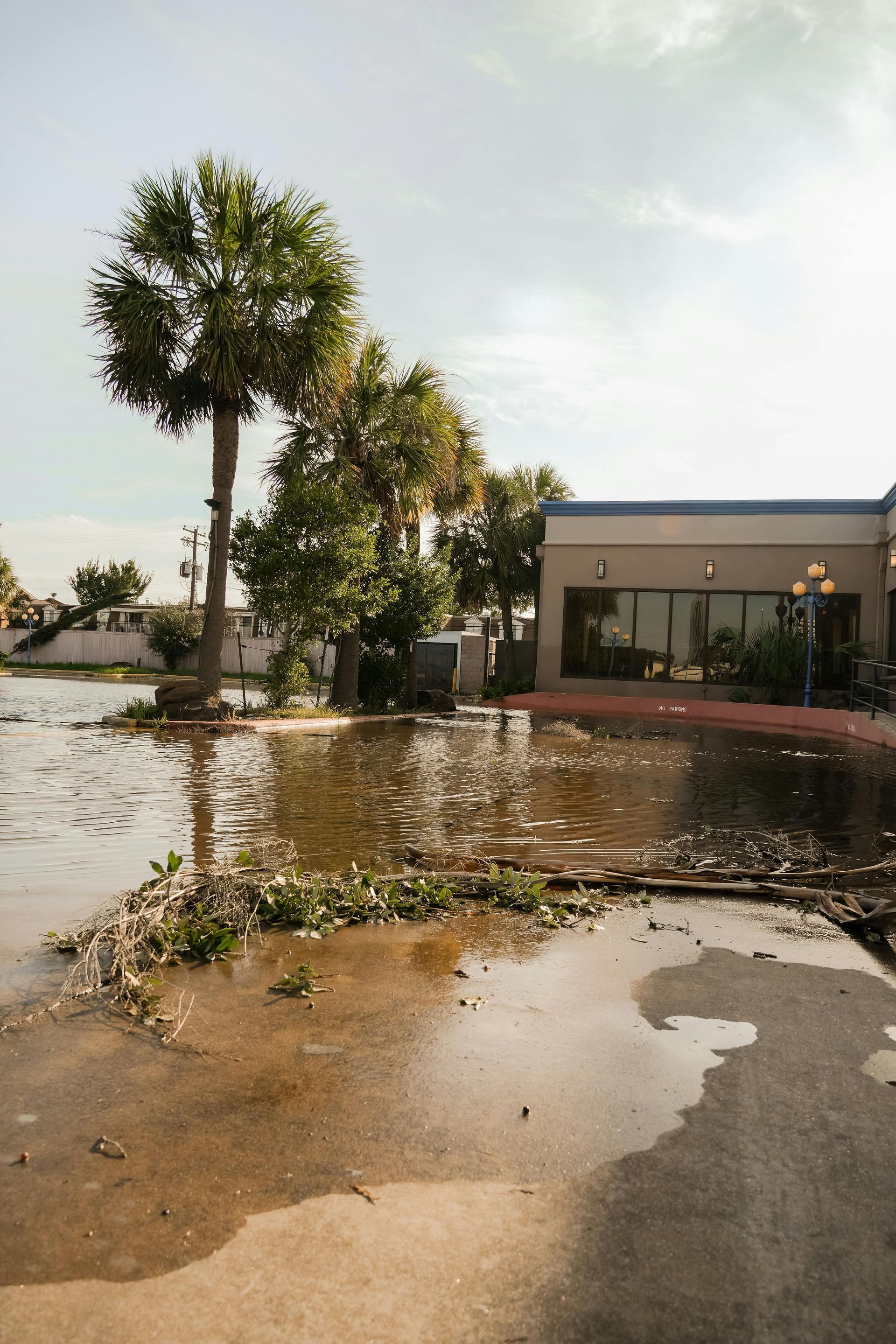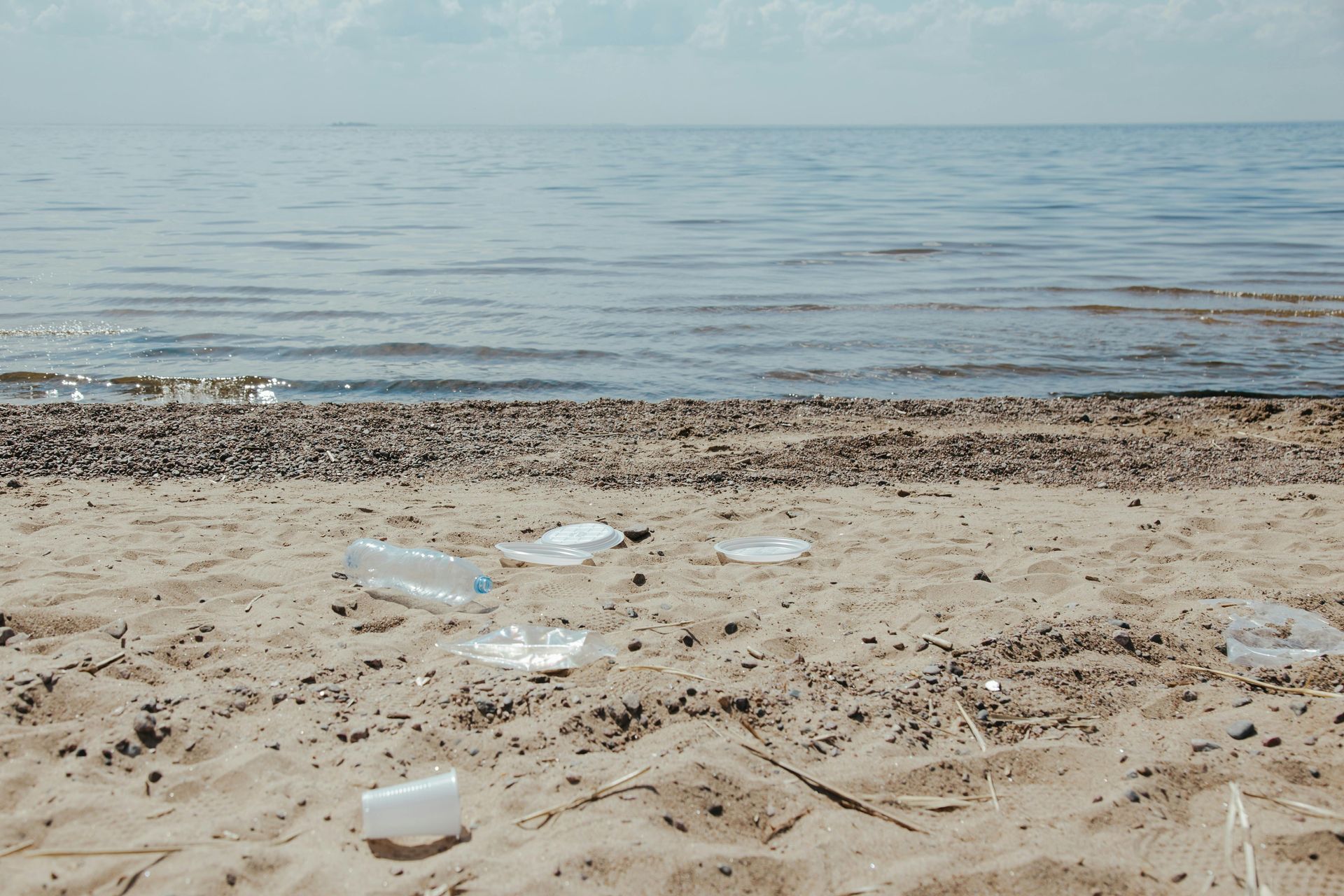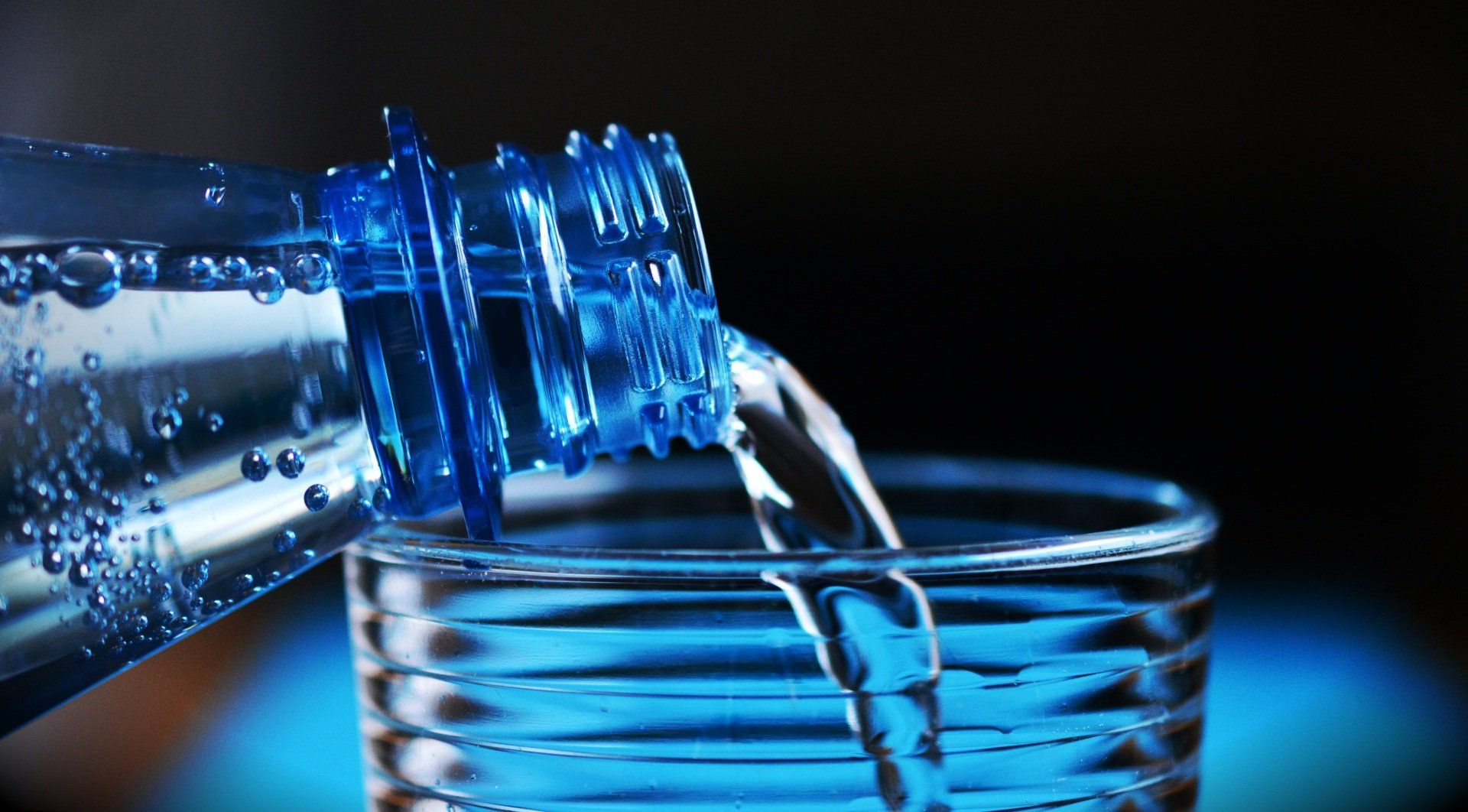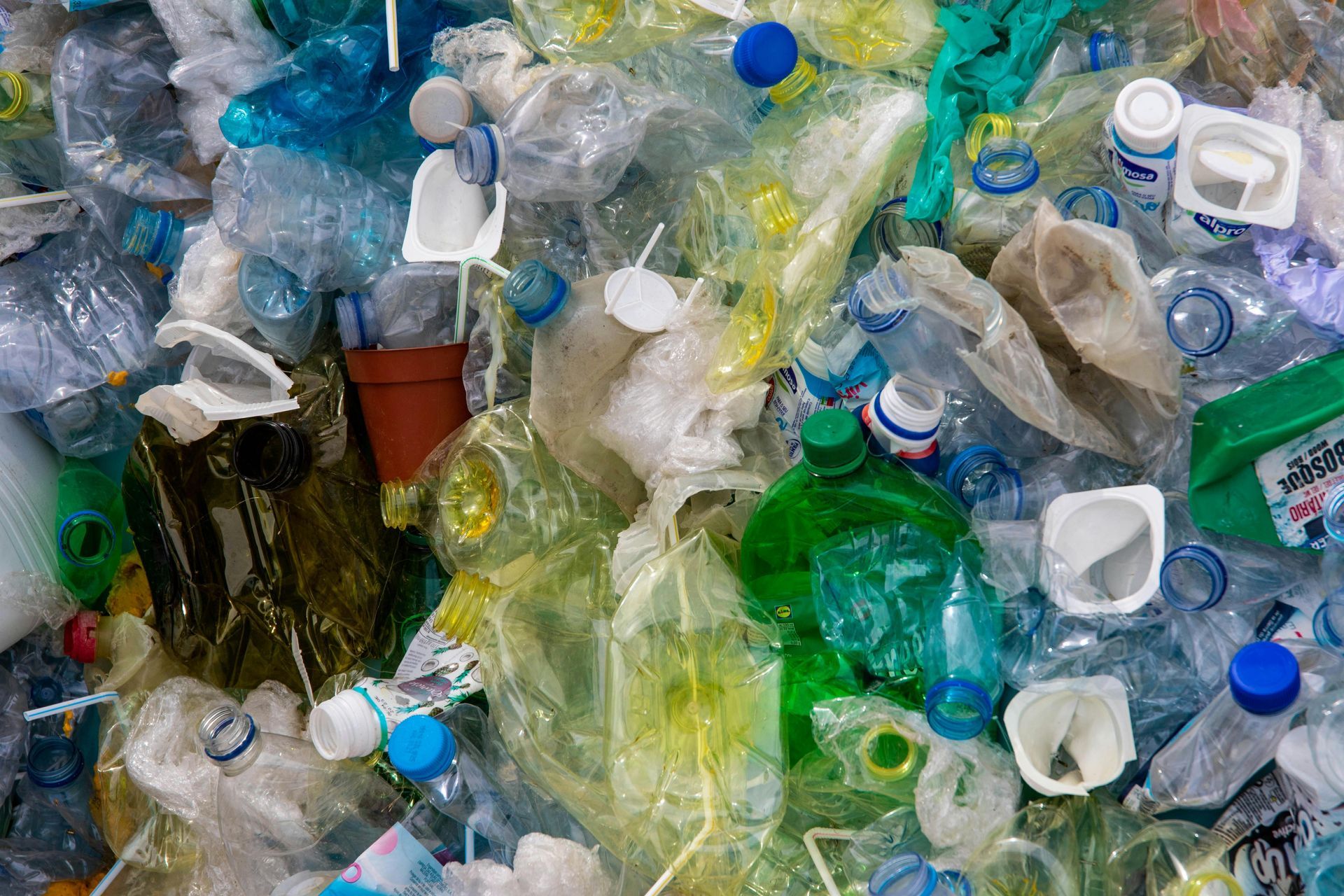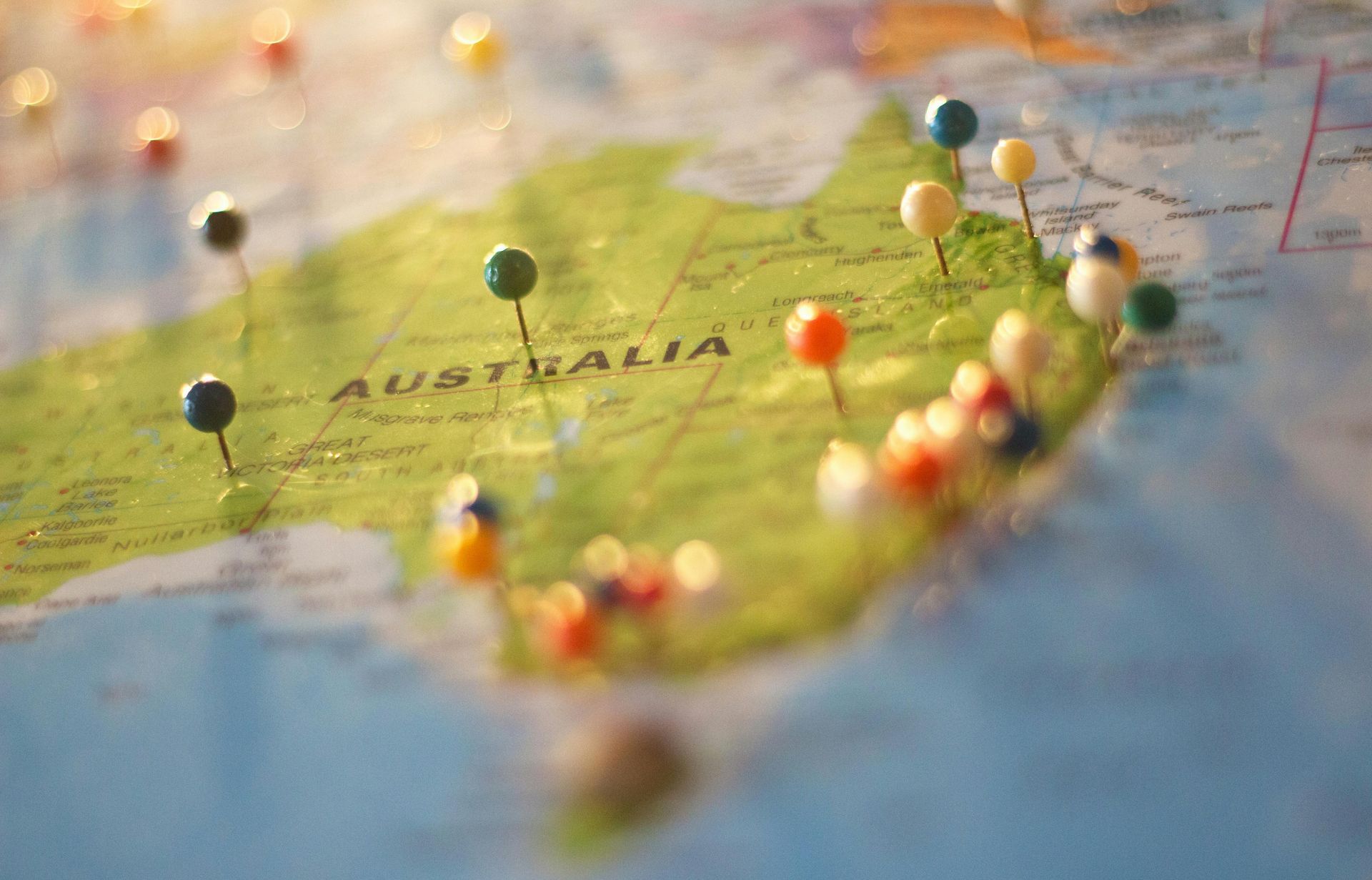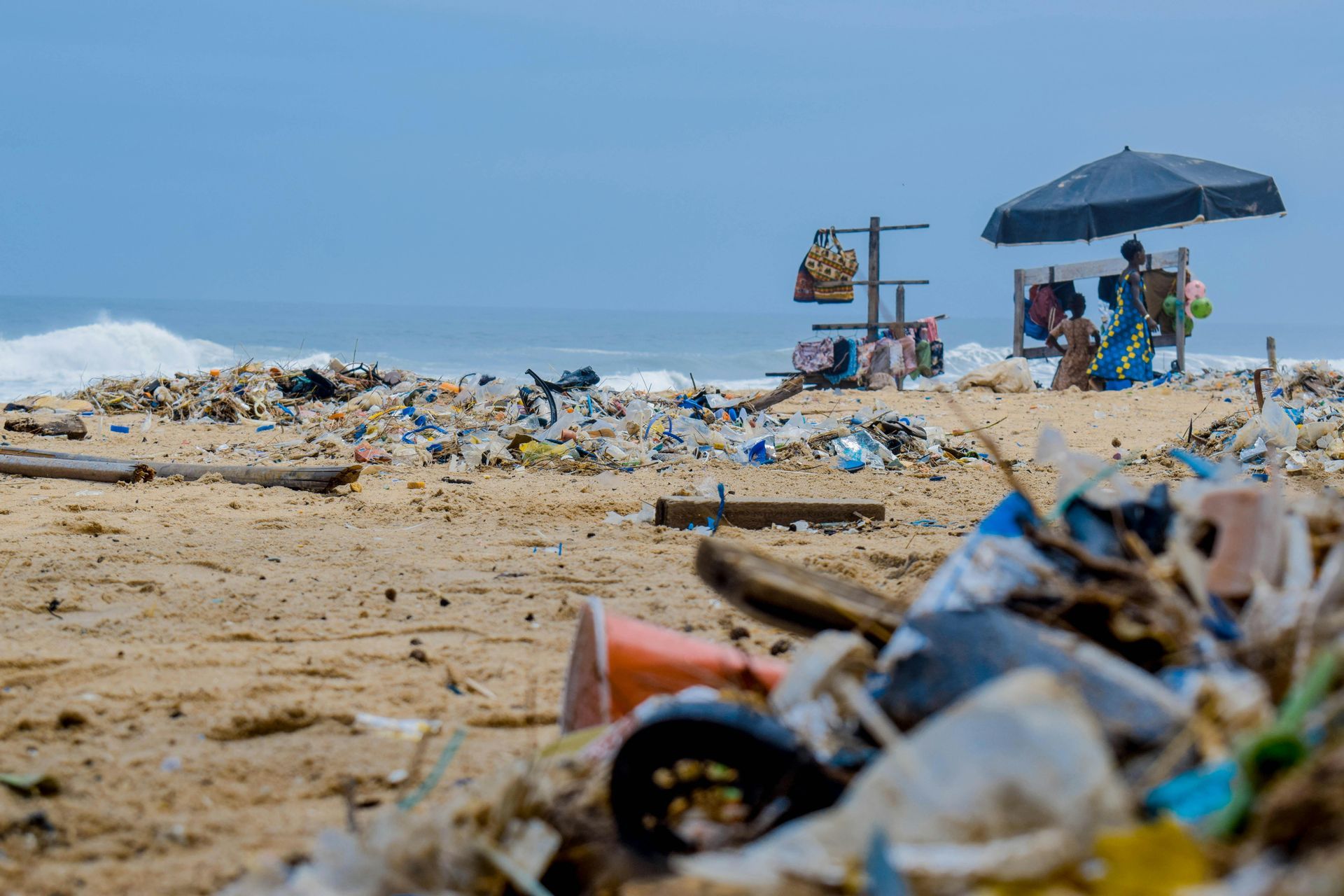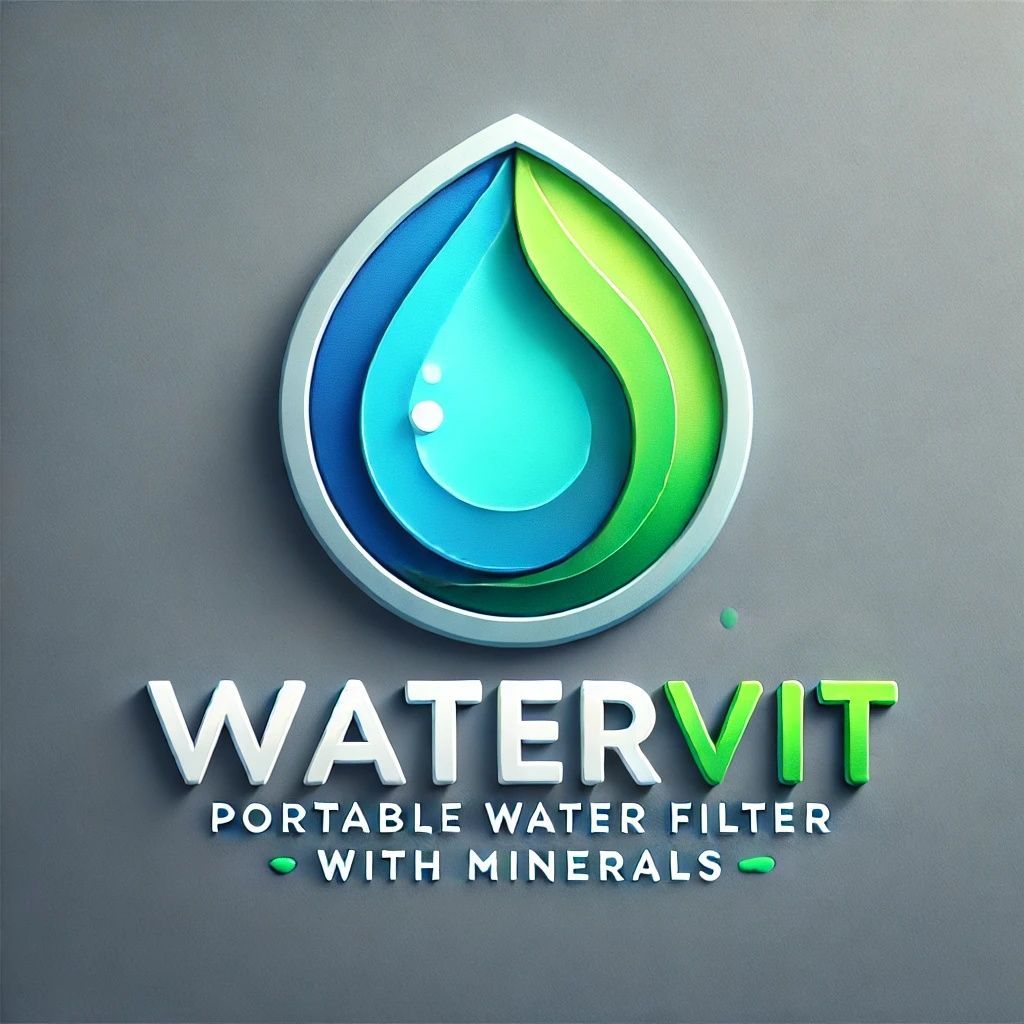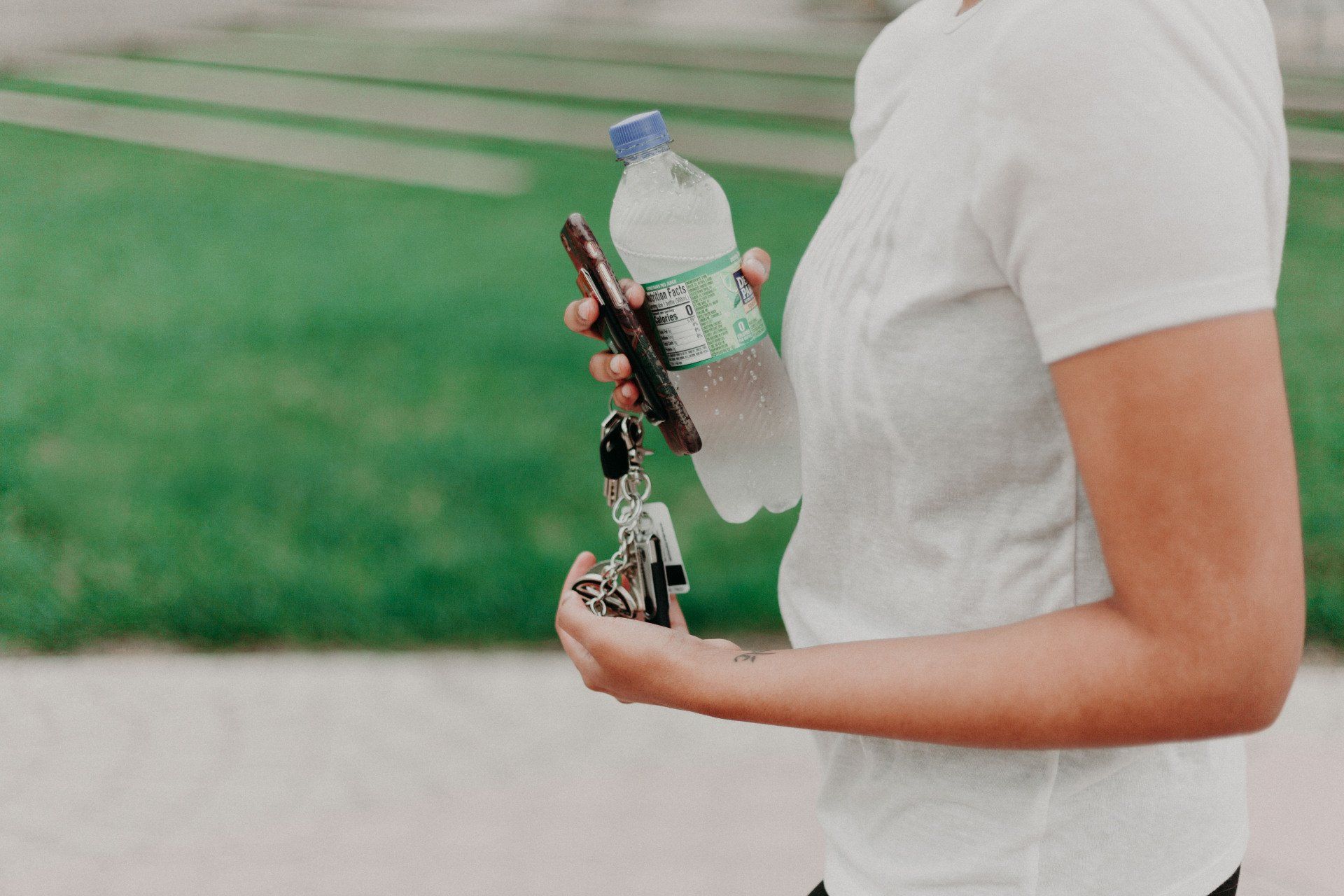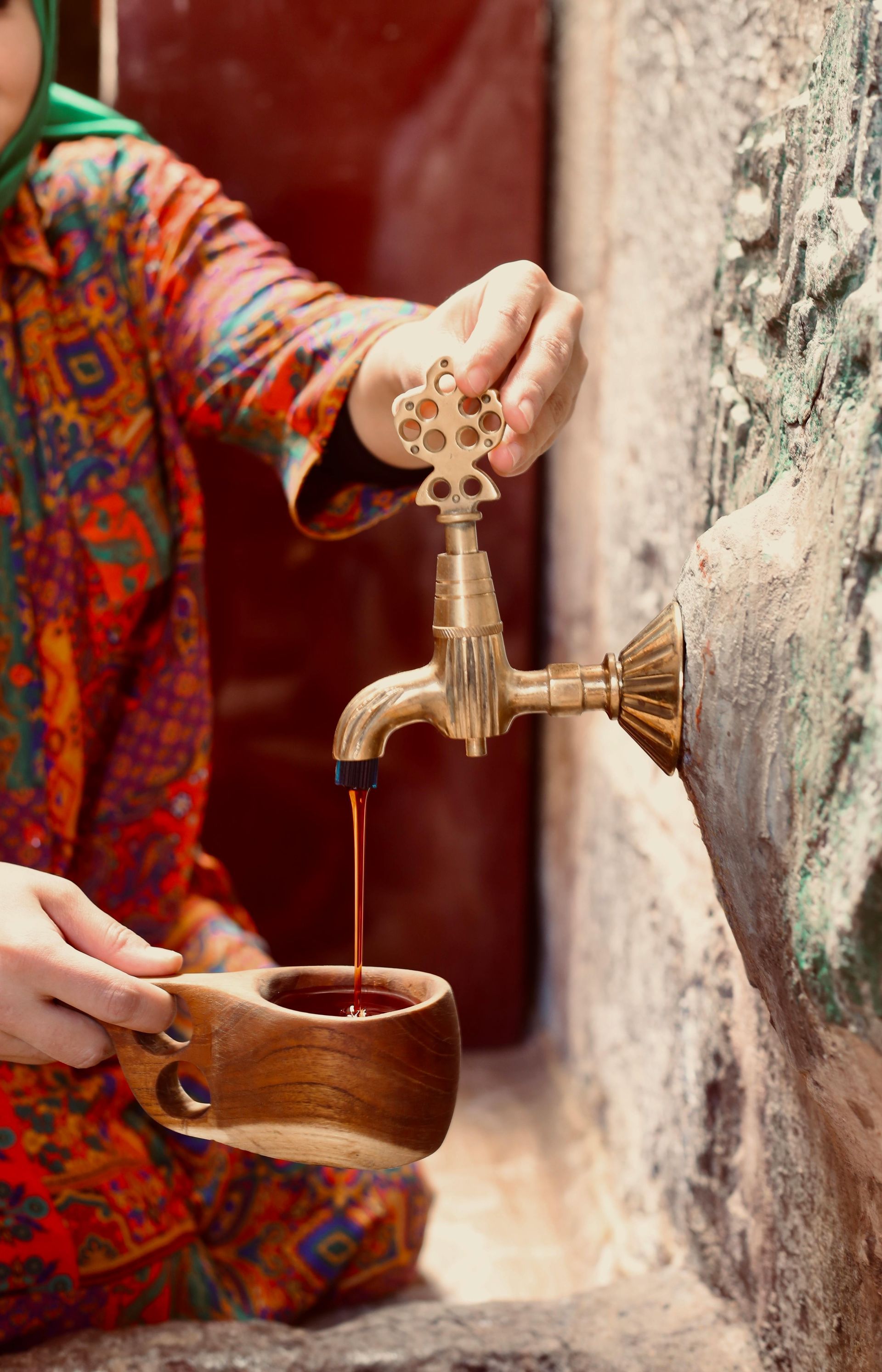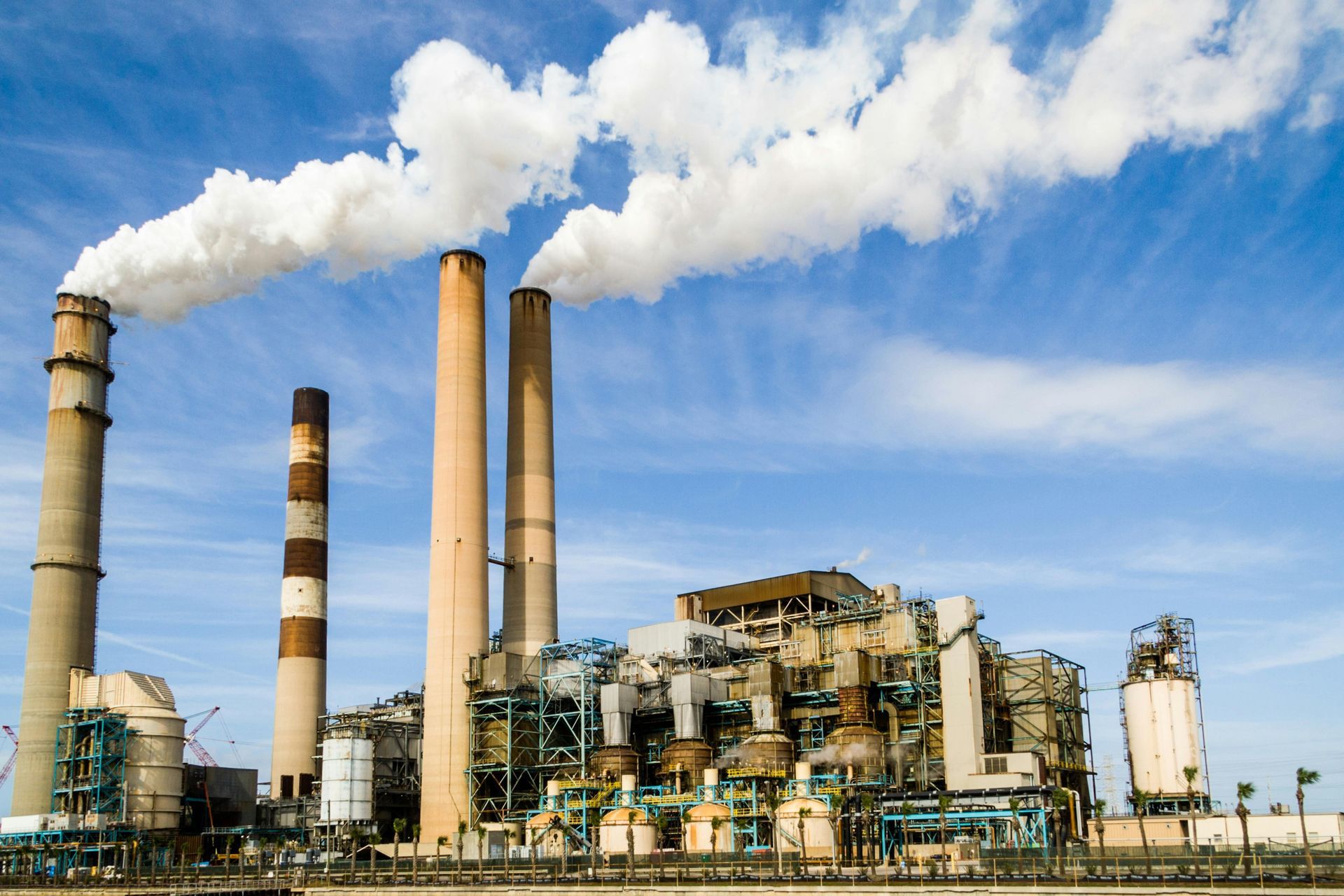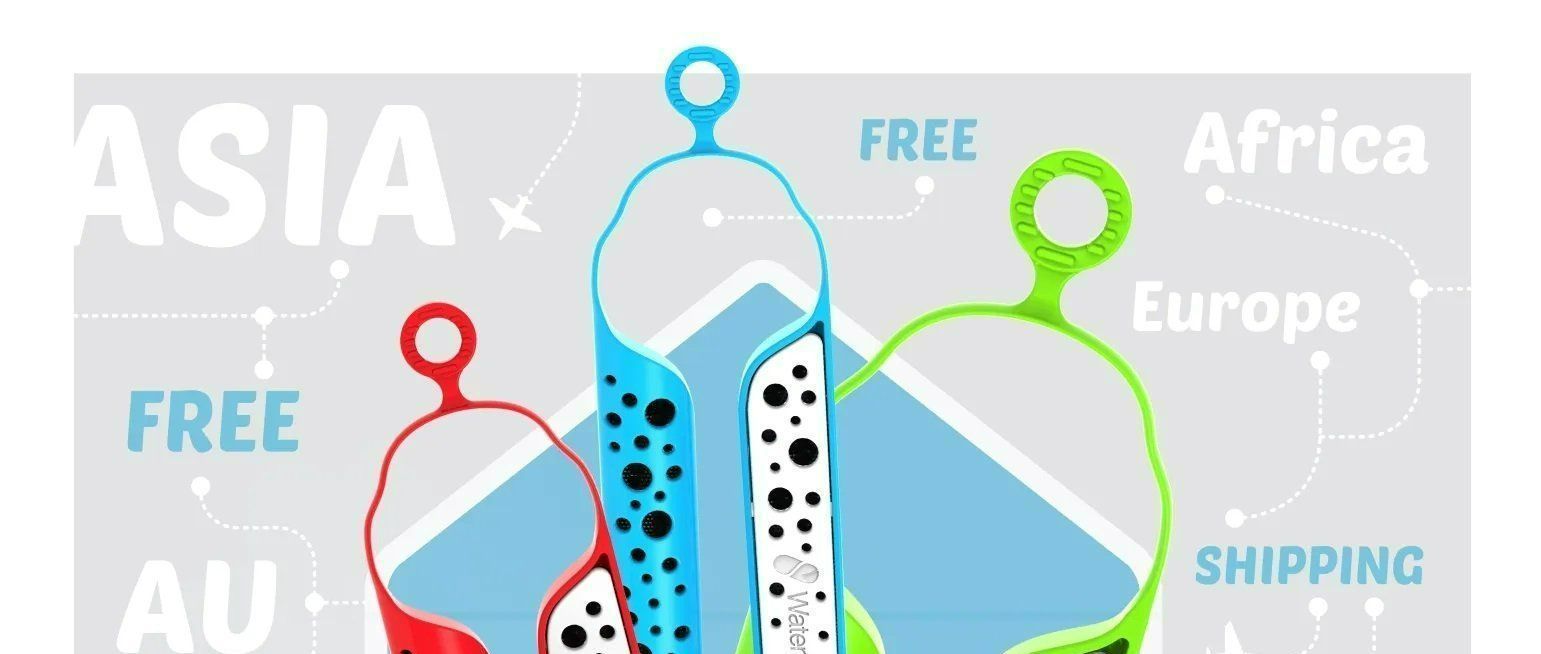Indonesia’s Bold Push for Reusable Water Bottles: Tackling Plastic Pollution at Its Source
Indonesia is the second-largest contributor to marine plastic pollution globally, with an estimated 1.29 million metric tons of plastic waste entering the ocean annually. Single-use plastic bottles are a major contributor to this crisis, exacerbated by widespread dependence on bottled water due to limited access to clean tap water. This environmental burden has placed Indonesia at the forefront of global discussions about reducing plastic waste.

The Initiative: Promoting Reusable Water Bottles
In response to the escalating plastic crisis, Indonesia has launched multiple initiatives to reduce its dependence on single-use plastic bottles. These efforts include:
- #BijakBerplastik Campaign: Initiated by Danone-AQUA, this campaign encourages consumers to adopt reusable water bottles while promoting recycled plastic packaging.
- Local Regulations: Cities like Jakarta and Bali have implemented bans on single-use plastics, including plastic bags and straws, indirectly promoting reusable alternatives.
- Community Movements: Grassroots organizations such as Greenlifestyle have been instrumental in raising awareness about the benefits of reusable water bottles, targeting urban and rural communities alike.
These initiatives are not only aimed at reducing waste but also at fostering a culture of sustainability across the nation.
The Broader Context
Indonesia generates approximately 3.2 million metric tons of mismanaged plastic waste annually, contributing to global environmental degradation and threatening marine ecosystems. Efforts to reduce plastic bottle usage are part of a larger movement to address this issue. The government has set an ambitious target to cut marine plastic debris by 70% by 2025, focusing on better waste management and public education.
Despite these efforts, challenges remain. Many Indonesians rely heavily on bottled water due to concerns over tap water quality. This reliance highlights the urgent need for practical and accessible alternatives.
Watervit's Take
Indonesia’s push for reusable water bottles aligns perfectly with Watervit's mission to provide sustainable hydration solutions. By offering a portable water filter that purifies and mineralizes tap water, Watervit eliminates the need for single-use plastic bottles while addressing concerns about water quality.
Watervit empowers Indonesians to make eco-friendly choices without compromising on health or convenience. With products like Watervit, individuals can actively contribute to reducing plastic waste, protecting marine ecosystems, and embracing a cleaner, greener future.
